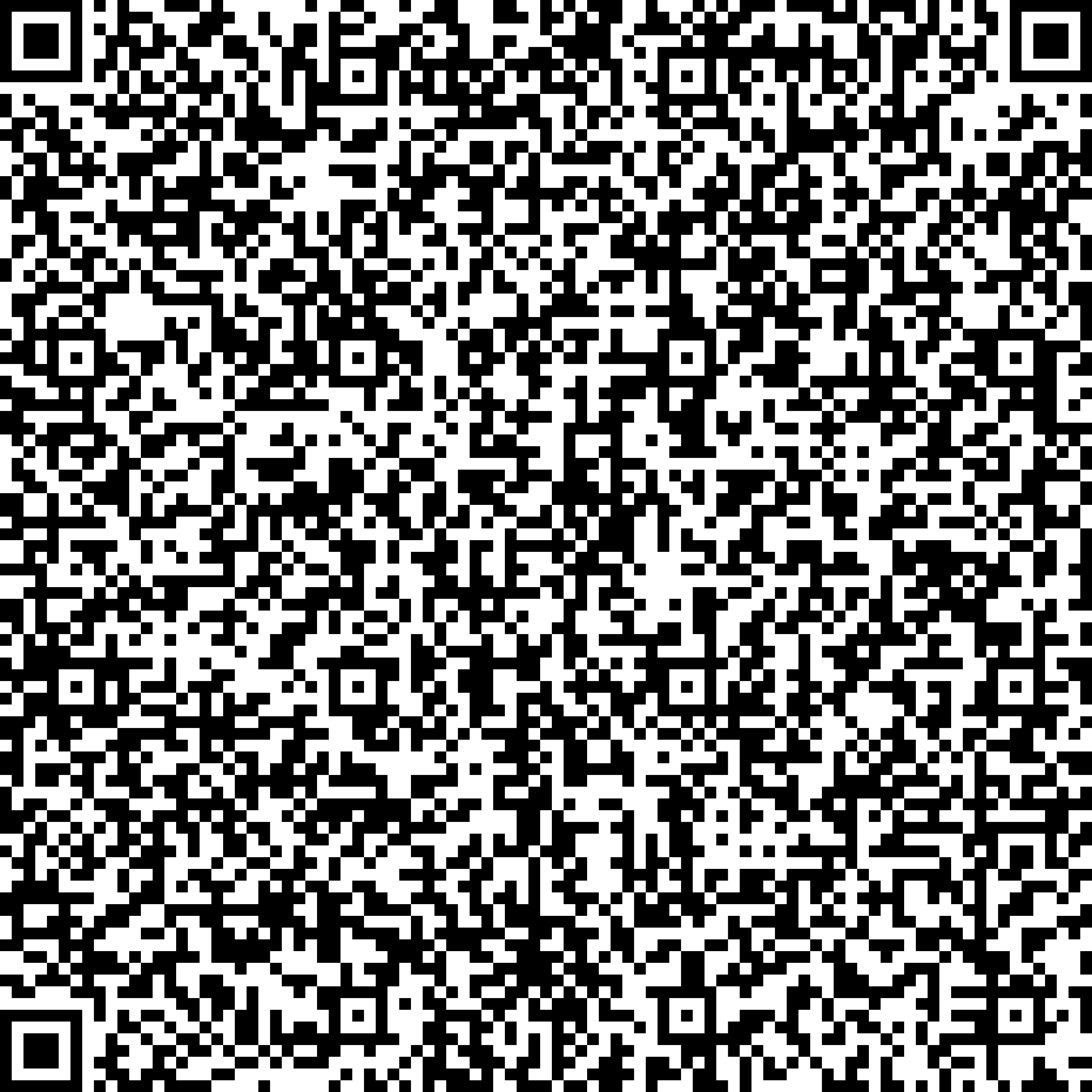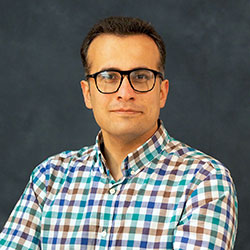


In recent years, an enormous surge of work has been carried out on developing new methods for integrated devices for various kinds of healthcare and industrial applications. Miniaturising sensors and electronics offer the prospect of replacing bulky instruments with easy-to-use platforms ranging from portable to wearable and implantable devices. It would bring down the cost, size, and power by several orders of magnitude. Implementing such sensing and computing microsystems using modern CMOS technology in conjunction with sensors or qubits provides higher performance in terms of area, sensitivity, and signal-to-noise ratio.
The talk will introduce our research at the Microelectronics Lab (www.melabresearch.com) at the University of Glasgow on integrated microelectronic circuits and systems with several different works addressing the development of architectures for the implementation of efficient (i) biomedical wearable and implantable devices for human-machine interfacing; and (ii) cryoelectronics for quantum computing technologies.
For human-machine interfacing, our research activities fall on the brain and muscle sensors. The first part mainly focuses on brain implantable devices and our undertakings in EU projects e.g. HERMES and WiseCure. The next part focuses on the integration of magnetoresistive sensors, e.g. Tunnelling Magnetoresistive (TMR), with CMOS technology providing an opportunity to produce and optimize powerful and low-power devices for low biomagnetic field applications. Such heterogeneous structure combines the CMOS circuitry interface and non-CMOS sensors with higher-performance electronics to detect the pico-Tesla magnetic field. This lecture presents developments and trends in magnetic sensing devices, including sensors and circuit interfaces, focusing on developing various types of magnetic sensors, including Nuclear Magnetic Resonance, magnetoelectric, and TMR technologies.
In addition, this lecture presents our research activities to use cryogenically operated Cryo-CMOS technology to achieve compact, fully scalable systems to control large arrays of qubits in the next generation of quantum computers. Furthermore, the challenges of designing and operating complex circuits and systems at 3K temperature and below will be discussed comprehensively. https://www.gla.ac.uk/schools/engineering/staff/hadiheidari/#biography



In recent years, an enormous surge of work has been carried out on developing new methods for integrated devices for various kinds of healthcare and industrial applications. Miniaturising sensors and electronics offer the prospect of replacing bulky instruments with easy-to-use platforms ranging from portable to wearable and implantable devices. It would bring down the cost, size, and power by several orders of magnitude. Implementing such sensing and computing microsystems using modern CMOS technology in conjunction with sensors or qubits provides higher performance in terms of area, sensitivity, and signal-to-noise ratio.
The talk will introduce our research at the Microelectronics Lab (www.melabresearch.com) at the University of Glasgow on integrated microelectronic circuits and systems with several different works addressing the development of architectures for the implementation of efficient (i) biomedical wearable and implantable devices for human-machine interfacing; and (ii) cryoelectronics for quantum computing technologies.
For human-machine interfacing, our research activities fall on the brain and muscle sensors. The first part mainly focuses on brain implantable devices and our undertakings in EU projects e.g. HERMES and WiseCure. The next part focuses on the integration of magnetoresistive sensors, e.g. Tunnelling Magnetoresistive (TMR), with CMOS technology providing an opportunity to produce and optimize powerful and low-power devices for low biomagnetic field applications. Such heterogeneous structure combines the CMOS circuitry interface and non-CMOS sensors with higher-performance electronics to detect the pico-Tesla magnetic field. This lecture presents developments and trends in magnetic sensing devices, including sensors and circuit interfaces, focusing on developing various types of magnetic sensors, including Nuclear Magnetic Resonance, magnetoelectric, and TMR technologies.
In addition, this lecture presents our research activities to use cryogenically operated Cryo-CMOS technology to achieve compact, fully scalable systems to control large arrays of qubits in the next generation of quantum computers. Furthermore, the challenges of designing and operating complex circuits and systems at 3K temperature and below will be discussed comprehensively. https://www.gla.ac.uk/schools/engineering/staff/hadiheidari/#biography